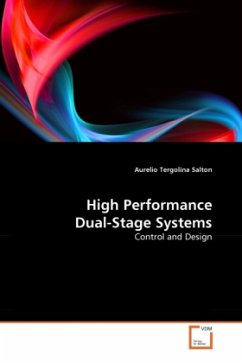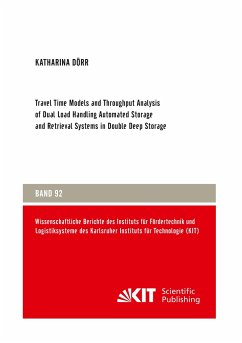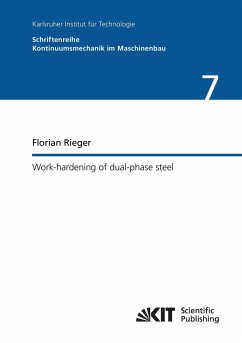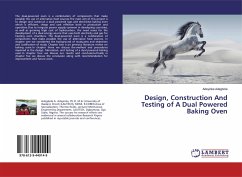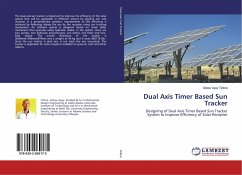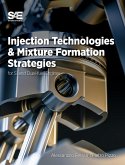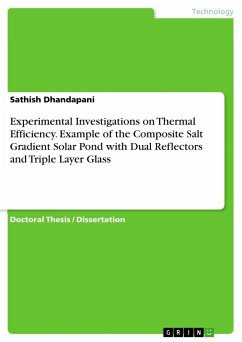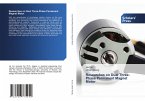The vast majority of control theory has focused on the stability of dynamical systems as opposed to their performance, a consequence of the fact that an unstable system may be considered an engineering disaster. However, it is according to how well a system performs that it is defined as good or bad, making stability a necessary, but not sufficient condition for a successful design. In motion control, performance criteria commonly concerns the system's ability to accurately and promptly track a desired reference. Of paramount importance towards the improvement of both these goals was the development of the Dual-Stage Actuators (DSA) concept. This book exposes recent work on the development of new control methods that improve the DSA ability to promptly transition its output from one reference level to another. It also includes the design and control of a novel DSA prototype, and the development of new fast tracking servomechanisms, i.e., high performance single-stage actuators. The integration of the novel fast tracking servomechanisms with the Preview Control strategy provides remarkable performance improvements to dual-stage systems.
Bitte wählen Sie Ihr Anliegen aus.
Rechnungen
Retourenschein anfordern
Bestellstatus
Storno

